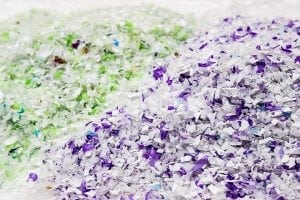 Indorama Ventures has acquired a French PET and HDPE reclaimer, making it the latest prime plastics giant to step further into the recycling space.
Indorama Ventures has acquired a French PET and HDPE reclaimer, making it the latest prime plastics giant to step further into the recycling space.

 Indorama Ventures has acquired a French PET and HDPE reclaimer, making it the latest prime plastics giant to step further into the recycling space.
Indorama Ventures has acquired a French PET and HDPE reclaimer, making it the latest prime plastics giant to step further into the recycling space.
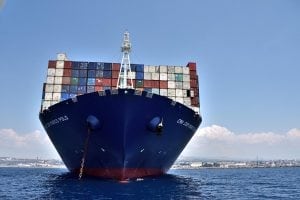 To keep up with the top export destinations for U.S.-sourced scrap plastics, Plastics Recycling Update examined the latest shipping data from the U.S. Census Bureau.
To keep up with the top export destinations for U.S.-sourced scrap plastics, Plastics Recycling Update examined the latest shipping data from the U.S. Census Bureau.
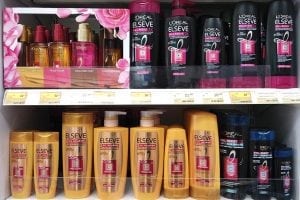 Depolymerization company Loop Industries has signed a letter of intent to supply recycled PET to beauty products giant L’Oréal.
Depolymerization company Loop Industries has signed a letter of intent to supply recycled PET to beauty products giant L’Oréal.
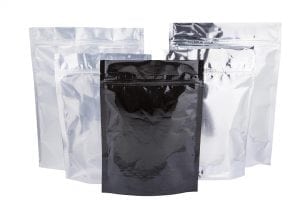 Projects advancing recovery of difficult-to-recycle plastics will receive funding through a federal initiative to support U.S. manufacturing and energy efficiency.
Projects advancing recovery of difficult-to-recycle plastics will receive funding through a federal initiative to support U.S. manufacturing and energy efficiency.
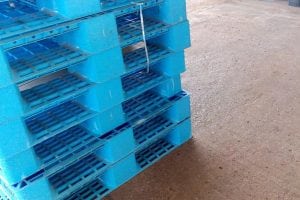 Two plastics recycling company executives will spend two years in prison for their involvement in a scheme to buy and recycle stolen Postal Service plastic pallets.
Two plastics recycling company executives will spend two years in prison for their involvement in a scheme to buy and recycle stolen Postal Service plastic pallets.
 A Norwegian proposal that aims to combat marine debris could close the door to certain export markets for U.S. recycling companies.
A Norwegian proposal that aims to combat marine debris could close the door to certain export markets for U.S. recycling companies.
 The Chinese government has announced key policies in recent weeks, including a plan to ban all recovered material imports by 2020.
The Chinese government has announced key policies in recent weeks, including a plan to ban all recovered material imports by 2020.
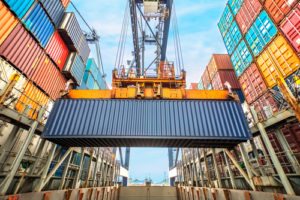 Vietnamese officials are looking at short- and long-term policies to stem the skyrocketing volume of recyclables the country has imported in recent months.
Vietnamese officials are looking at short- and long-term policies to stem the skyrocketing volume of recyclables the country has imported in recent months.
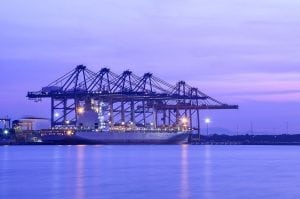 China released a proposal to expand its scrap import ban beyond plastics and the other materials that are currently restricted. A new plan would ban every form of “solid waste” from import.
China released a proposal to expand its scrap import ban beyond plastics and the other materials that are currently restricted. A new plan would ban every form of “solid waste” from import.
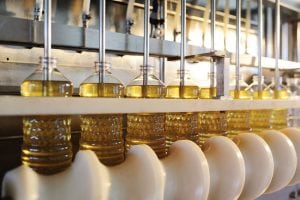 To be marketed as “recyclable,” which criteria should a product or packaging have to meet? Two major plastics recycling groups have announced the four conditions they believe should be met.
To be marketed as “recyclable,” which criteria should a product or packaging have to meet? Two major plastics recycling groups have announced the four conditions they believe should be met.
